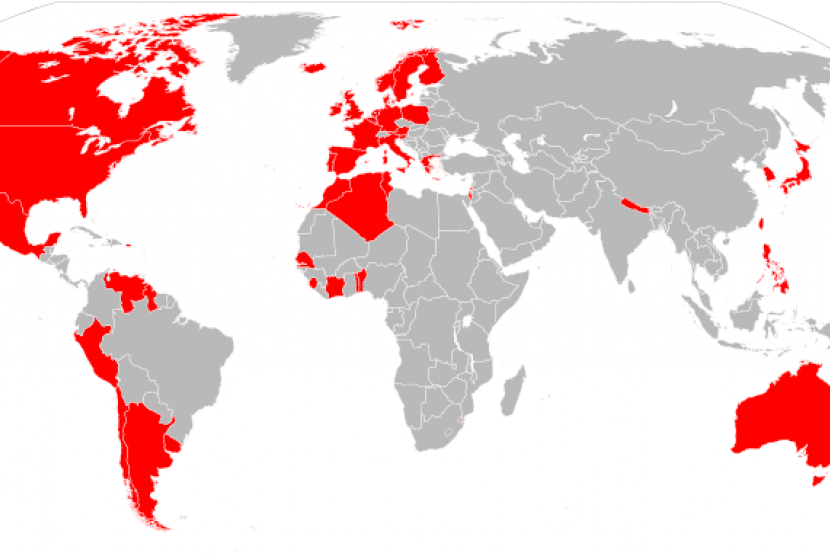REPUBLIKA.CO.ID, LONDON -- Amnesty International appeals to Indonesian government to halt execution of five people. The organization urged the government to impose a moratorium on the implementation of the death penalty with a view to its eventual abolition.
"The government must immediately halt plan to carry out executions. Given President Joko Widodo’s campaign commitments to improve respect for human rights, resorting to the death penalty would be a serious stain on the early human rights record of his administration,” Amnesty International’s Research Director for Southeast Asia and the Pacific, Rupert Abbott, said in Amnesty International official site.
He added that tackling serious crime was a legitimate objective for the new administration, but this was the wrong way to go about it. "The death penalty does not work as a deterrent to crime," he said. "Any executions will also certainly undermine the government’s efforts to protect Indonesian nationals on death row overseas," he added.
Indonesia’s Junior Attorney General for General Crimes, Basyuni Masyarif, last week confirmed that the government is planning to execute five people before the end of the year. One of the five individuals facing imminent execution is detained in Tangerang, Banten province, another two in Batam, Riau Islands Province, and a further two in Nusakambangan, Central Java. The two from Nusakambangan have reportedly been convicted for murder and the three others for drug-related crimes.
Vice President Jusuf Kalla further indicated on 3 December that the President would not grant clemency to anyone sentenced to death for drug-related crimes.
"It is deeply disturbing that drug convicts are at risk of execution. Drug-related offences do not match the standards set out in international law, which only allow the death penalty for the ‘most serious crimes’. The authorities should instead reduce the scope of the death penalty as a step towards abolition," Rupert Abbott said.


